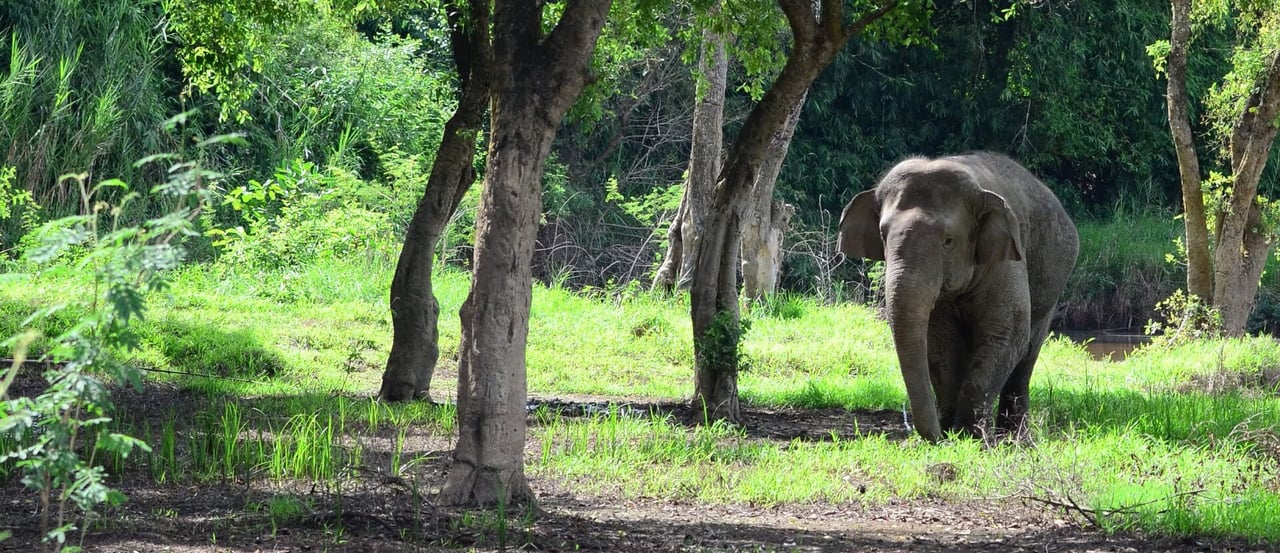If you’re not able to see wild animals in the wild, the next best place is a genuine wildlife sanctuary. But how do you know which venues to visit?
Not all ‘sanctuaries’ are good
In this guide, you’ll find checklists on what makes a genuine sanctuary to help decide which venues you should visit to see wild animals in high-welfare environments on your next trip.
Unfortunately, some venues label themselves ‘sanctuaries’ when they in fact offer some of the cruellest and most distressing activities, and keep their animals in the poorest conditions.
Download your checklist to make sure you’re visiting venues that have their animals’ best interests at heart.
Many travellers are rejecting cruel wildlife activities and looking for animal-friendly ways to see wild animals when they’re on holiday.
The most positive way to see wild animals is in the wild, where they belong. Unfortunately, that’s not always possible. Your next best option is to visit a genuine wildlife sanctuary.
But with so many tourist venues claiming to be ‘sanctuaries’, how do you sort the genuine ones from those who are exploiting your desire to do the right thing by animals?
We’ve put together this checklist to help you decide whether the venues you’re planning to visit really have their animals’ best interests at heart – or if they’re just out to make money from well-meaning tourists.
Wildlife. Not entertainers
With the help of our supporters, World Animal Protection works to end the unnecessary suffering of animals in the cruel wildlife entertainment industry. We want a world where wild animals live in the wild where they belong.
Up to one quarter of the trillion-dollar tourism industry is driven by demand for wildlife tourism. Most people don’t know about the unacceptable abuse of wild animals used in most wildlife activities including elephant rides, swimming with captive dolphins, and hugging and posing for photos with lions, tigers and sloths.
We are encouraging and working with the travel industry, tourists and entertainment venues to end the cruelty of wild animal entertainment. Fortunately, many tour operators see a great opportunity in changing their wildlife tourism practices. Following our approaches over the past four years, nearly 200 companies across the world have agreed to stop selling elephant rides and shows.
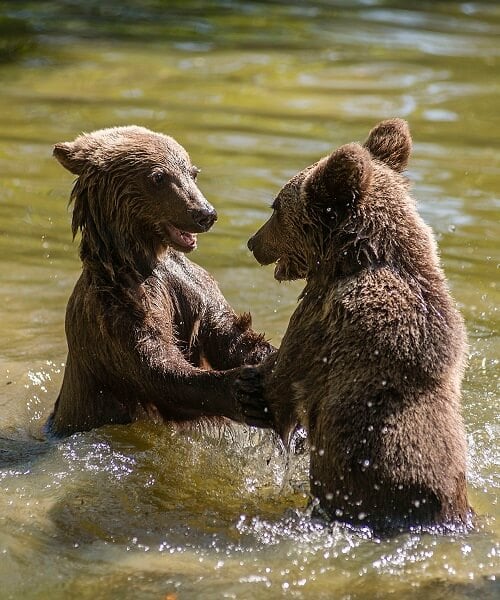
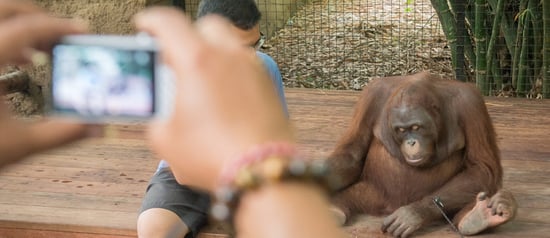
Wildlife tourism
If a venue that houses wildlife allows you to ride, hug, cuddle or take a selfie with a wild animal, cruelty is surely involved.
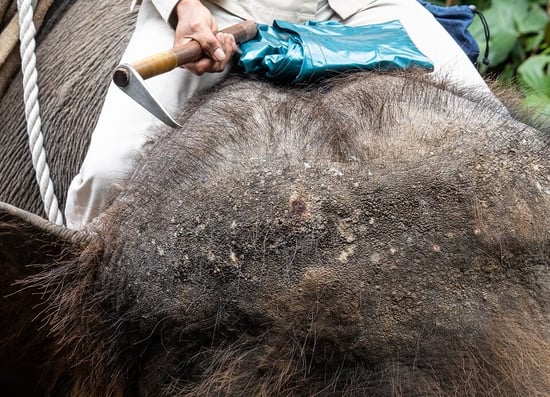
Donate to protect elephants
You can help give elephants the chance to live out their lives in a calm, peaceful environment.
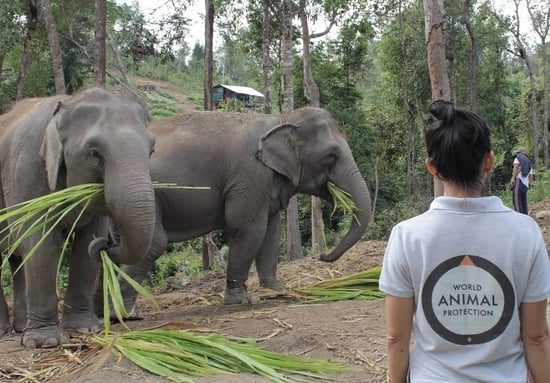
Elephant facts
Did you know that elephants can live up to 70 years in the wild, however their lifespan in captivity is generally shorter?
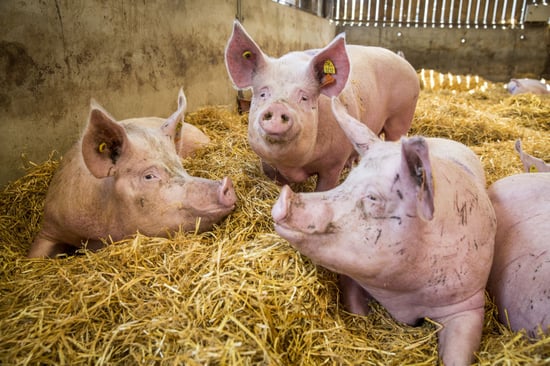
Keep up to date
Join thousands of animal lovers fighting to protect wildlife and give farmed animals good lives. Sign up now to receive emails with all the ways you can help.
Sign up